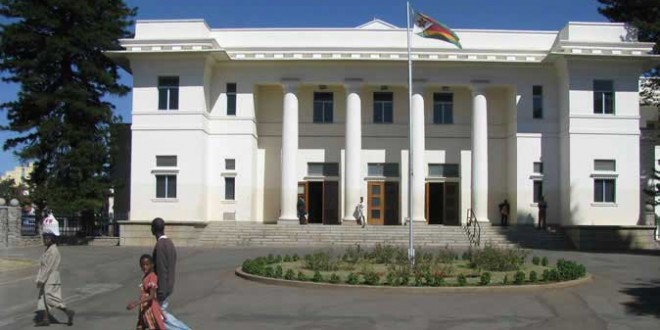
THE government’s order to the Bulawayo City Council to reduce the 2014 budget by $10 million is another populist stunt that will come at a cost for service delivery.
Bulawayo had proposed a budget of $113, 7 million for the year, but it has since been reduced to $103 million following the government’s directive.
The budget had been endorsed by city residents before it was sent to the Local Government ministry.
It was generally accepted that the original budget was fair since the local authority had made it a point that tariffs were not increased from last year. The government directive comes at a time when the Bulawayo City Council and many other municipalities are reeling from another edict that forced them to cancel all outstanding debts as of June last year.
Local Government minister Ignatius Chombo at the time claimed that the write off was meant to correct imbalances caused by a flawed system used by councils to convert bills from the now defunct Zimbabwe dollar to the US dollar.
However, it was clear that the intervention was motivated by the desire to harvest votes for Zanu PF as it happened on the eve of the crucial July 31 elections. Chombo and his ministry have done nothing since then to ensure councils are cushioned from the effects of that directive, which has seen local authorities failing to pay workers on time.
As if that was not enough, government departments are not paying their bills and in the case of Bulawayo the money they owe for water and other services from the city council runs into millions.
Bulawayo City Council is already struggling to repair roads that are riddled with potholes and paying salaries on time.
- Chamisa under fire over US$120K donation
- Mavhunga puts DeMbare into Chibuku quarterfinals
- Pension funds bet on Cabora Bassa oilfields
- Councils defy govt fire tender directive
Keep Reading
The ministry’s directive would exacerbate the situation instead of bringing relief to residents.
It is accepted that the government has an oversight role in the operations of local authorities, but that intervention should not be disruptive.
The government should find better ways of involvement in the budget formulation process instead of intervening at a stage where it tends to undo things that are products of meticulous planning.










